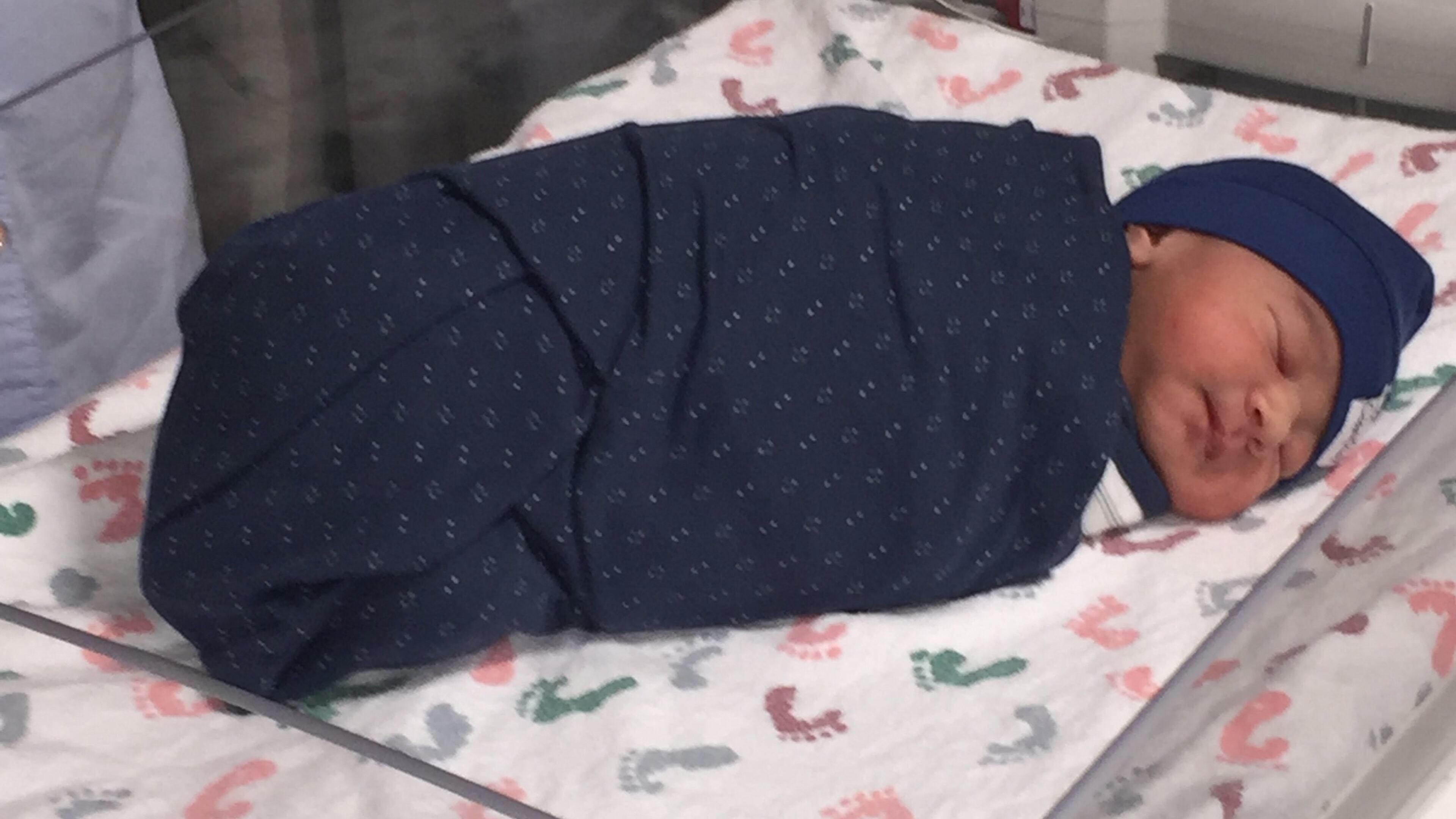To whom does the future belong? What skills will be needed to thrive?

Has education reform hit a wall?
Michael Petrilli, president of the Thomas B. Fordham Institute, tackles the question in a lengthy essay, in which he declares:
The populist right has attacked standards, testing, and accountability, with particular emphasis on the Common Core, as well as testing itself. The election of Donald Trump and appointment of Betsy DeVos, meanwhile, have made school choice and charter schools toxic on much of the progressive left. And the 2017 results from the National Assessment of Educational Progress indicate a "lost decade" of academic achievement. All of these trends have left policymakers and philanthropists feeling glum about reform, given the growing narrative that, like so many efforts before it, the modern wave hasn't worked or delivered the goods, yet has produced much friction, fractiousness, and furor.
Petrilli lists what he feels has advanced -- charter schools, k-8 reforms, instructional materials, accountability systems – and what has not – high schools, college completion, especially among minority students, teacher evaluation. And he offers a lot of prescriptions, many of which entail more school choice, gateway exams early in high school to separate teens ready for rigorous work and those who need developmental courses, personal pacing and multi-age classrooms.
It’s a good piece. But I’m unsure Petrilli’s path forward gets us very far. I fear we’re plotting children’s futures on old maps. I don’t think we can predict what content and skills children born today will need when they graduate college in 2040.
Are education institutions – k-12 through college – preparing students for a work world that’s outpacing it? I recently looked at descriptions of college classes on social media skills. Everything the classes promise to teach students about creating social media brands is already apparent to even 15-year-olds.
I receive weekly news releases from schools and camps about new coding classes. Yet, coders are debating when artificial intelligence will render them obsolete.
We used to assure high school students that the future belongs to the college educated. Then, we qualified the statement, saying the future belongs to the college educated as long as they earn STEM degrees.
My AJC colleague Eric Stirgus had a news story in the paper this week on a refocus in Georgia on liberal arts degrees, reporting:
There are indications that liberal arts education nationally — through which students learn about the arts, humanities and sciences and get degrees in those fields — is in trouble…In Georgia, however, several colleges and education leaders have recently vowed to increase their liberal arts offerings, saying the skills students learn in the courses — how to think critically, write clearly and ask good questions — more than adequately prepare graduates for any career. University System of Georgia Chancellor Steve Wrigley in April outlined the importance of liberal arts education in the 325,000-student system. Six USG institutions, including Georgia College, are involved in a national effort to link skills through liberal arts curriculum to the demands of a global job market.
In the meantime, employers complain college grads lack curiosity and don’t seem interested in society outside their iPhones, which they cannot be without for longer than 15 minutes.
To whom does the future belong?
My own sense is children born today will have to be highly adaptable as they may have to reeducate themselves many times over to stay employable and relevant. Much of what we teach kids in schools now will be done faster and better on computers, especially math.
Yes, students will still need reading, writing and arithmetic. But they will also need to know about something we’re not teaching them - reinvention.



